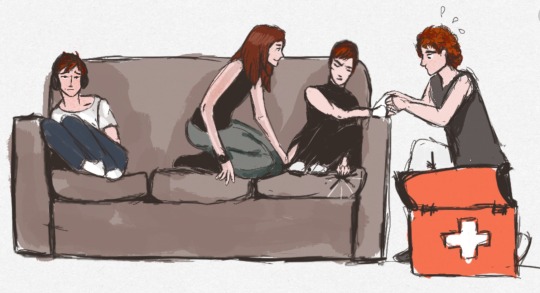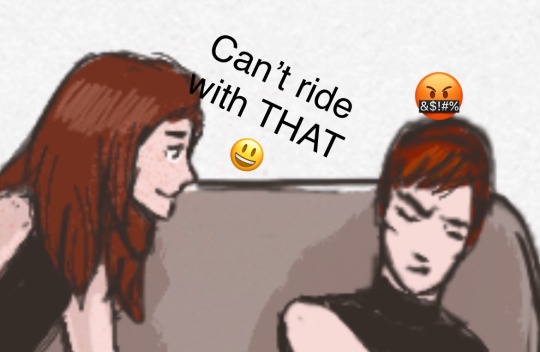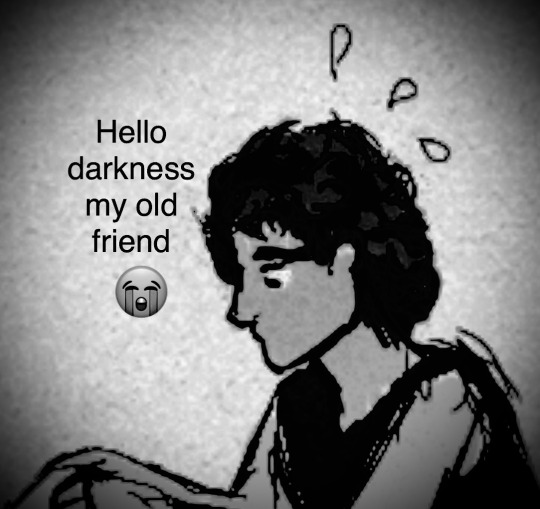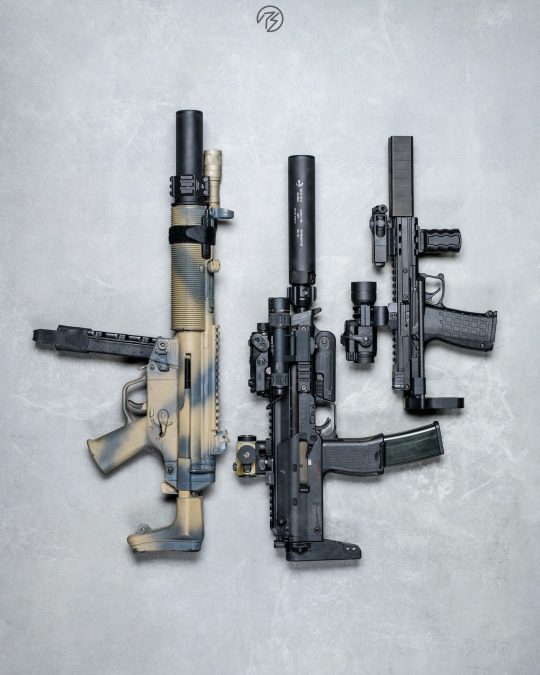#c: usa
Explore tagged Tumblr posts
Text
incredible to me that in the age of spending minimum $100 for groceries for one person every three weeks where i live, people are still online like "dairy is bad for you because it has a lot of calories". at this point im calculating calories per dollar at the grocery store and youre still stuck in "fat bad" mindset from 1980. you are an absurd person to me. laughable
#blog#food#we are facing mass malnutrition in the usa which is going undiagnosed because it is happening to fat people#population surveys show that almost every american is deficient in multiple basic nutrients#like magnesium (the big one)#vitamins d and c#and tons of micronutrients#fruits and vegetables have lost a huge percentage of their nutritional value from soil depletion#and youre telling me not to enjoy butter and ice cream#ok
13K notes
·
View notes
Text
Whyyyy do iPad keyboards suck such mad ass I had to rewrite this at least 3 times

Anyways yknow what I think my screen is just dirty . _ .
#artists on tumblr#fanart#hetalia fandom#aph#hetalia#hetalia fanart#shitpost#digital art#aph america#aph usa#c for crack#m for meth#I want to throw this iPad at a wall why is teh keyboard actually this terrible#alfred jones fanart#alfred f jones#hws#hws america#hws usa#ivan braginsky#russia hetalia#hws russia#aph russia#hetalia meme#digital doodle#low effort#hetalia america#aph hetalia#hws hetalia#MaReZo#rusame
296 notes
·
View notes
Note
I can't resist bothering you with more questions. I'm sorry! I want to put Killie in a basket and carry him around with me like a purse dog. Did Charlie always know that he wasn't going to be a horse pilot forever and that he would find a way out of his family's net, or was he never going to escape if him being kicked out hadn't forced him into it? My heart breaks for him a bit, even though he seems the most well-adjusted person in that family. How old was he when he ended up on his own?
(In reference to Killie the jockey OC, crown prince of a horse-obsessed family, and his identical twin brother Charlie, who was disowned/ escaped the orbit of the Horse Planet)
You are never a bother. Nobody could be anything but grateful to have such insightful, brave, witty and inspiring people to talk about their OCs with! Are you kidding?

That’s such a good and deep question - I don’t think that Charlie knows the answer himself. He certainly was quite a talented apprentice jockey. In terms of his place in the family, his parents and siblings all adored him - he is warm and charming and funny - and thought they understood him. He has that special child-of-rotten-parents survival-mode sensitivity to reading a room, that in Charlie translates into useful skills, like “changing the mood of the room” and “sensing what people want him to say”.
But Charlie has a strong sense of identity, and with it, a hard internal limit on personal sacrifice; there are parts of Charlie you can’t have.
And despite being a fifth-generation jockey of impeccable pedigree, the whole “stoic, fearless, impervious to pain” thing appears to be a state of mind - not a physiology thing, but a mental one, engendered by passion for the sport. Charlie has had passages of his life where he’s carried off the Jockey Constitution (TM), but a problem with armouring yourself with a mental state is that if you are an especially clever little liar yourself, like Charlie, you catch on to the trick.
And the sport is inextricable from the horses in their family. So Charlie stormed out (was thrown out) of both family and sport… but I think he does like horses and he was good at it. And it would’ve been hard, in that family, in that immersive and passionate world, to break out naturally - especially when you are so beautifully built for it. It would again come down to Charlie’s strong sense of self.
I think a lot of his sense of identity and resistance came, early on, from connecting honestly with his bisexuality. He’s clever and sneaky, and likes mind games and code-switching and putting on characters, and when he realised the necessity of masking early on, it felt like a secret identity. He was simply Built Different, and couldn’t change it, so he made a game of tap-dancing on the tightrope.
Then he left to build that secret identity into his real self, on purpose, and he threw himself into The Opposite of Being a Jockey. He was not only the first in their family to go to university, he went into academia. He covered his bills by bartending and busking (take that, Dad). He eats cake. He is valued for his mind and brain. He is NOT COMPETITIVE AT ALL. HE’S COLLABORATIVE, EVEN.
…He was just about eighteen. And perhaps it affected him more deeply than he’d say. But what saved him - what always would save Charlie - was a sense of identity.



#Killie#the twins are 4’10’’ or 4’11 Ciara is about 5’2’’ as an adult and while everyone acts like Colm is massive he’s like 5’8’’ or something#apologies for Colm’s proportions. don’t worry about it. he does that.#Ciara (Irish) pronounced Kiera as in Knightley and Colm pronounced like#ughhh#a bit like Gollum with a C but if you were trying to say it as one syllable#Coll’m#(Irish ppl pls do correct any of this)#I made a strong effort to mentally rename Colm to Colman even thinking it would be easier but no. didn’t stick. he’s too Colmish.#like a small amphibious creature like a little autumn colored newt hiding in a little mossy puddle under a gently rotting leaf#defenseless staring up at you with the resigned eyes of something#fully expecting to be eaten. easily squashed.#with a resigned sigh I make a note to myself to Do Something About Colm.#what does he need I wonder.#actually maybe he is genuinely tall. that would be funny#he should be.#tall colm actually doesn’t need to be fixed he just needs to move out.#I was chatting with a colleague who is a 5’9 man and his brother is a 6’10 man and he brought this up to tell a story about how the brother#moved to the USA on the strength of it to play basketball. but in photos the brother would bend his knees to be jn the same frame#as my colleague so nobody ever believes him about this story or his brother because he cannot prove it. any photo he has of his brother#feature the man sort of melting downwards with an apologetic expression.#maybe colm’s like that.#hmm each sibling has their own identity narrative. Charlie’s is the strongest#Killie forcibly does a reinvention speedrun. straight Tory asshole to tenderly gay married in like a year. Ciara gets radicalised online#and Colm shall get a personality for uhhhhh (spins wheel of holidays) Beltane#or maybe World Book Day.#Killie and Charlie
121 notes
·
View notes
Text
if I had a dollar for every time a criminal Shawn clearly had some attraction to asked him to come with him and join his life of crime I'd only have 2 dollars, but it's still weird that it happened twice
Desperaux this, Desperaux that, but nobody talking about how Tommy Nix wanted Shawn to run away with him
#shawn spencer seducing suave criminal men without even trying#also fully believe that pre-pilot shawn would have INSTANTLY run away with either one of them#shawn spencer#psych#psych usa#c: shawn spencer
202 notes
·
View notes
Text
born to be a girl who watches the Olympics all day, forced to be a girl who works 9 to 5

#olympics#paris 2024#team usa#women's rugby#gymnastics#swimming#tennis#woso#fencing#surfing#paris olympics#rugby sevens#water polo#basketball#volleyball#c#productivity level -10
180 notes
·
View notes
Text





Harvey comforting people
#harvey specter#suits tv#suits usa#it's in chronological order so u can c how he gets progressively less awkward about it#jessica pearson#dana scott#mike ross#donna paulsen#louis litt
164 notes
·
View notes
Text
Hello Dear🌹

I'm Alaa Al Khateeb, Live With 9 Members Of My Family, Among Us 4 Young Children Under The Age Of 10 We Suffering From The War On Gaza, Palestine form 437 Days, We Now Living In A Tent That Lacks Life.
⛔Pictures & Words Fail To Describe Our Situation🥹
https://gofund.me/cb8c05a3
Please 🔁Share/Reblog Our Story.
🆘 Please If You Can Donate Even If It's £5, Your Donation & Support Will Save My Children From Death By Traveling From Gaza To A Safe Country, We Can Start A New Stable Life Because Of Your Generosity, Giving & Kindness🙏🏻
➡️Gofund.me Donation Link⬅️
✅My Account Was Verified & Listed #99
Thank You 🌹
#free gaza#free palestine#gaza#gaza strip#gazaunderattack#give me attention#go fund me#save palestine#send help#ai#vetted gfm#gaza gfm#palestine gfm#gfm#palestine aid#gaza aid#mutual aid#humanitarian aid#ai digital art#ai generated#artists on tumblr#give me money#usa#c u c koo donation posts#ukraine#united kingdom#europe#all eyes on rafah#children#childhood
104 notes
·
View notes
Text
I KNOW I HAVENT POSTED ABT THE OUTSIDERS IN FORWVERRR BUT I MET C THOMAS HOWELL TODAY AND HE WAS LEGIT THE SWEETEST!!! THIS MIGHT BE MY PEAK
#the outsiders 1983#the outsiders#c thomas howell#ponyboy curtis#the hitcher 1986#red dawn#grandview usa
132 notes
·
View notes
Text

Love and Deepspace 1st Anniversary billboard in Time Square~ I AM SOOOO HAPPY I WAS ABLE TO SEE THIS LIVE AND IN PERSON!! 💜 Unfortunately, it wasn't cold enough for snow so it rained instead. However, that didn't deter me from going out to witness this masterpiece, hehe. Thankfully this was an all day billboard with frequent play time so I didn't have to wait long. I plan to upload the four clips I have for Rafayel, Sylus, Zayne, and Xavier soon after I do some audio edits. No Caleb feature this time, but definitely next year!
#love and deepspace#love & deepspace#lads#lnds#l&ds#;anniversary events#;offline events#;time square#usa 🇺🇸#xaiver#zayne#rafayel'#sylus#sadly caleb is still missing :c#i really wanted it to snow so i could have it in the recordings bg
54 notes
·
View notes
Text




MP5SD, MP7A1, and….MP7 at home
MP7 at home: • RSB® | Carbon Black
- RS
#RailScales#RSB#Heckler and Koch#HK#MP5#MP5SD#MP7#MP7A1#Keltec#CP33#CP33 SBR#Farrow Tech#SilencerCo#Osprey Micro#Aimpoint USA#CompM2#Wilcox Industries CompM Mount#Steiner OTAL-C IR#Aimpoint T1#LaRue HK660#Insight Tech#WMX200 Black#B&T#B&T USA#SD-984697-US#B&T MP7#SD-988010-2-US#B&T MP5SD#BT-21278#B&T MP5SD Tri-Rail
326 notes
·
View notes
Text
things to feel infinitely giddy about in whet:
- use of the terms "orgo" (the only correct abbreviation for organic chemistry btw) and "great british bake-off" (because this is the og title so treat it with respect) and "anoxic events" ('cuz this is how i will forever feel when reading about lukas and scarlett)
- "...oxygen and glucose and... porn?" IYKYK
- the best combo of science aka my job and swimming aka my favorite sport
- "it's just us. you're safe with me." CRYING.
- "i think dr. carlsen is the husband." CACKLING.
and last, but not least, the phrase I want my future partner to use to describe me:
- "shut the fuck up, you brilliant, beautiful genius." (affectionate)
#ali hazelwood#deep end#whet#i am well and truly undone by this book#scarlett vandermeer#lukas blomqvist#lukas x scarlett#otp: fika troll#love you forever#and also#i did name my car after a 2016 usa olympic swimmer who did her thing at stanford#then swam and won medals#and then retired to be with her husband and continue life with her non-swim job#so i relate deeply#because i wish i was her#maya dirado you are forever my hero#he is down bad crying at the gym and i adoreeee him for all of it#b/c who are we to fight the alchemy#and also gotta give a shout-out to the coffee table that looks way too tired for this shit b/c sameee
38 notes
·
View notes
Text

"The University Library of the Future" envisioned in an Armstrong C-60 Luminaire Ceiling System ad, 1966.
#architecture#library#interior#concept art#advertisement#Armstrong World Industries#C-60 Luminaire Ceiling System#USA#1966
375 notes
·
View notes
Text



Grandview USA - Randal Kleiser - 1984
with C. Thomas Howell & Jamie Lee Curtis : great movie !!
#80s movies#grandview usa#1980s#jamie lee curtis#c thomas howell#mtv#80s#mtv era#80's#80s music#80s fahion#paramount#steely man#letterboxd
62 notes
·
View notes
Text
youtube
Some people follow youtube trends, I throw a bunch of fanvids of a series that ended 10 years ago and barely anyone still cares about at you.
Shawn Spencer has always been one of my favorite characters because he's so layered and because through the whole show we so rarely see under his mask. In some ways, I think Psych should have explored the negative sides of Shawn's character more - but then again, I think it's BECAUSE we only see hints of it without the show fully committing to it (mostly because it's committed first and foremost to being a light-hearted comedy) that makes him so interesting.
Also the fact that they waited 8 whole seasons to have Shawn get really serious about his flaws rather than just hint at how he feels and drop that he genuinely thinks he made Gus's life worse and he's better off without him kills me every time I rewatch it. Stroke of genius, honestly, and one of the reasons that it's my favorite finale of all time.
also can't believe I'm editing to Taylor Swift, I swore I'd never do it, but the lyrics of this one fit a little too well
72 notes
·
View notes
Text

118 notes
·
View notes
Text















Lt. John C. Frémont became first European to "discover" Lake Tahoe on February 14, 1844.
#Lt. John C. Frémont#first European#Lake Tahoe#14 February 1844#USA#California#Nevada#anniversary#US history#landscape#countryside#rock formation#forest#woods#flora#nature#tree#pine#landmark#tourist attraction#summer 2017#Sierra Nevada#mountains#lake shore#travel#original photography#vacation#white colonialism#fir#rocks
22 notes
·
View notes